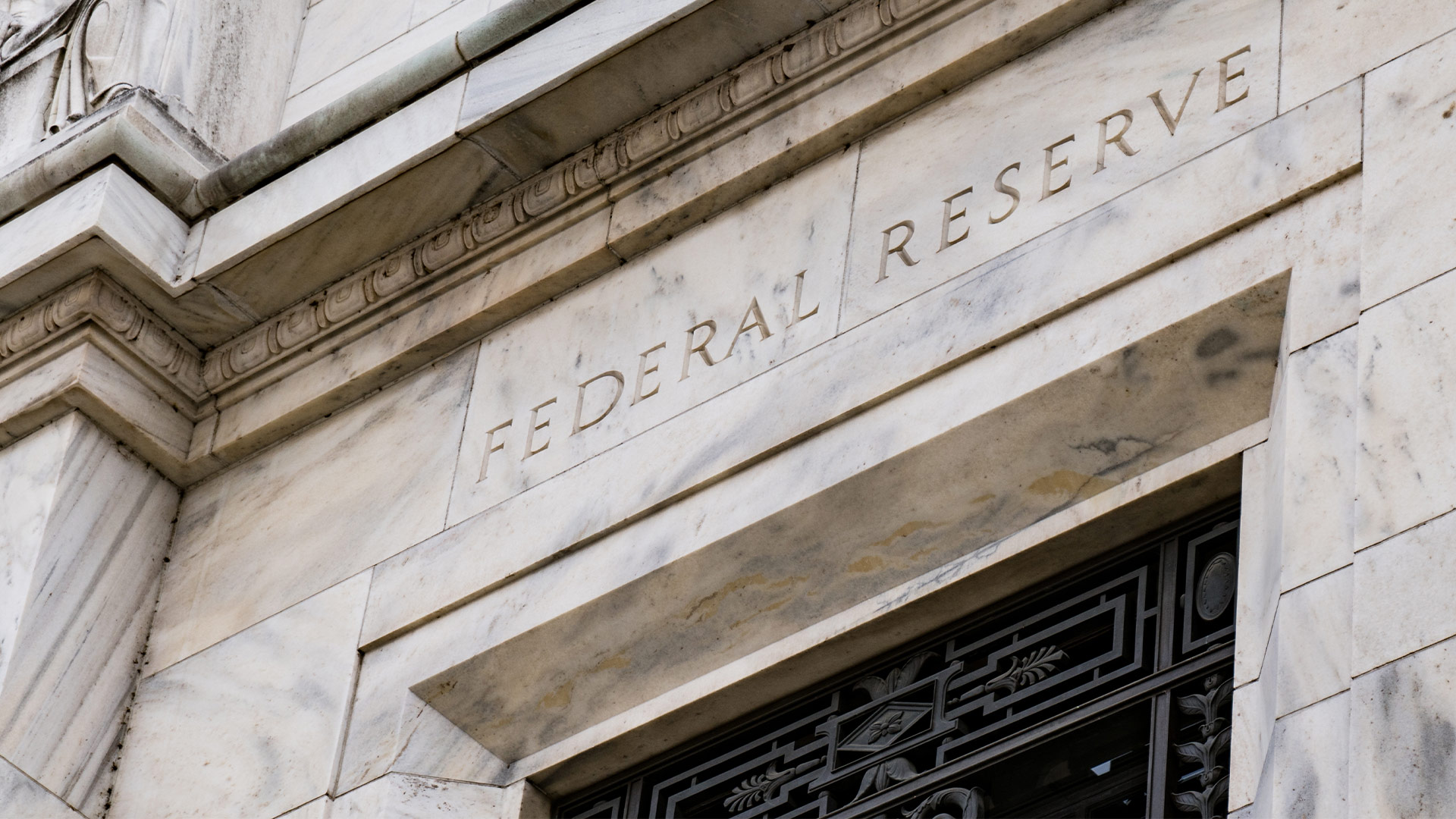Will mortgage rates go up after the March Fed meeting?

Are mortgage rates supposed to grow?
Lenders and borrowers should pay close attention to the Federal Reserve’s next meeting on March 15 and 16.
With inflation shooting to 40–year highs, the FOMC announced at its Jan. meeting it would be hiking rates and finalizing its MBS tapering by early March. The average 30–year fixed interest rate surged 37 basis points in the four weeks following that announcement, according to Freddie Mac.
But since then, war broke out in Europe with Russia invading Ukraine, causing uncertainty in global markets and a ‘flight to safety’ among investors. This led to mortgage rates falling for two consecutive weeks.
While most experts predict mortgage rate growth throughout 2022, the decisions made in this upcoming FOMC meeting will greatly influence where they go and how quickly, especially in the near–term.
Higher rates likely to come
The Fed made it clear in its last meeting that it will adjust its policies to account for inflation and economic expansion in the U.S. Though the uncertainty created by the Ukraine crisis will probably temper the central bank’s action, and subsequently, mortgage rate growth.
“The chair has signaled that the Fed is going to raise the federal funds rate by a quarter point. Before Russia’s invasion of Ukraine, the futures market was pricing in a half point for March,” said Mark Palim, deputy chief economist and vice president at Fannie Mae.
“The key thing I think investors are going to be watching is what happens to the price of oil. Rising gas prices slow the economy but also add to inflation. So it’s a double edged sword for the Fed. Strong oil price increases mean you really shouldn’t be raising interest rates. It just depends on how long the war in Ukraine goes,” Palim continued.
Hopefully, the FOMC’s March meeting provides clarity around the multiple factors that weigh on its decision–making and how much we should expect mortgage rates to grow this year.
The Fed effect
It’s important to remember the Federal Reserve technically doesn’t determine mortgage rates. Instead, rates are indirectly yet intrinsically tied to Fed actions.
Assuming the central bank stays on course to wrap up its MBS tapering this month, it will put upward pressure on interest rates. When there’s less money spent on MBS purchasing, the yields increase and mortgage rates typically follow suit.
An increase to the fed funds rate – the amount banks pay to borrow money from each other overnight – signals higher inflation and economic expansion, and also drives interest rates up.
If the fed funds hike is, in fact, lower than what it was anticipated to be from January, interest rates should still increase just not as aggressively.
Advice for borrowers
After significant growth to begin 2022, mortgage rates decreased for two straight weeks since the war in Ukraine began and brought uncertainty to global financial markets. It’s obviously a sad and fluid situation, and its impact on U.S. interest rates will depend on how long it lasts.
The average mortgage rate will still likely increase if the Fed announces upcoming rate hikes – even if they are reduced from earlier projections.
Bottom line: There may never be a better time to lock in a mortgage or refinance than right now and rates are still historically low. Talk to a lender or mortgage professional to see which loan type and rate you qualify for.
The information contained on The Mortgage Reports website is for informational purposes only and is not an advertisement for products offered by Full Beaker. The views and opinions expressed herein are those of the author and do not reflect the policy or position of Full Beaker, its officers, parent, or affiliates.
Comments are closed.